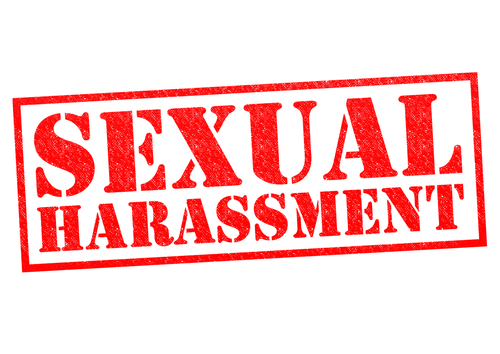
Mark Wiletsky
In the article, May Employers Mandate COVID-19 Vaccines?, we discussed legal and practical considerations for employers contemplating mandatory COVID-19 vaccines for their employees. We noted that the Equal Employment Opportunity Commission (“EEOC”) and other federal and state authorities might be providing updated guidance on this issue.
On December 16, 2020, the EEOC issued new guidance confirming that, although employers may likely mandate COVID-19 vaccines without violating federal anti-discrimination laws (and assuming accommodations are made for employees who cannot take vaccines for qualifying medical or religious reasons), the safest approach—at least for employers outside of certain high-risk fields like the healthcare industry—may be to make vaccinations voluntary, but highly encouraged. Read more





